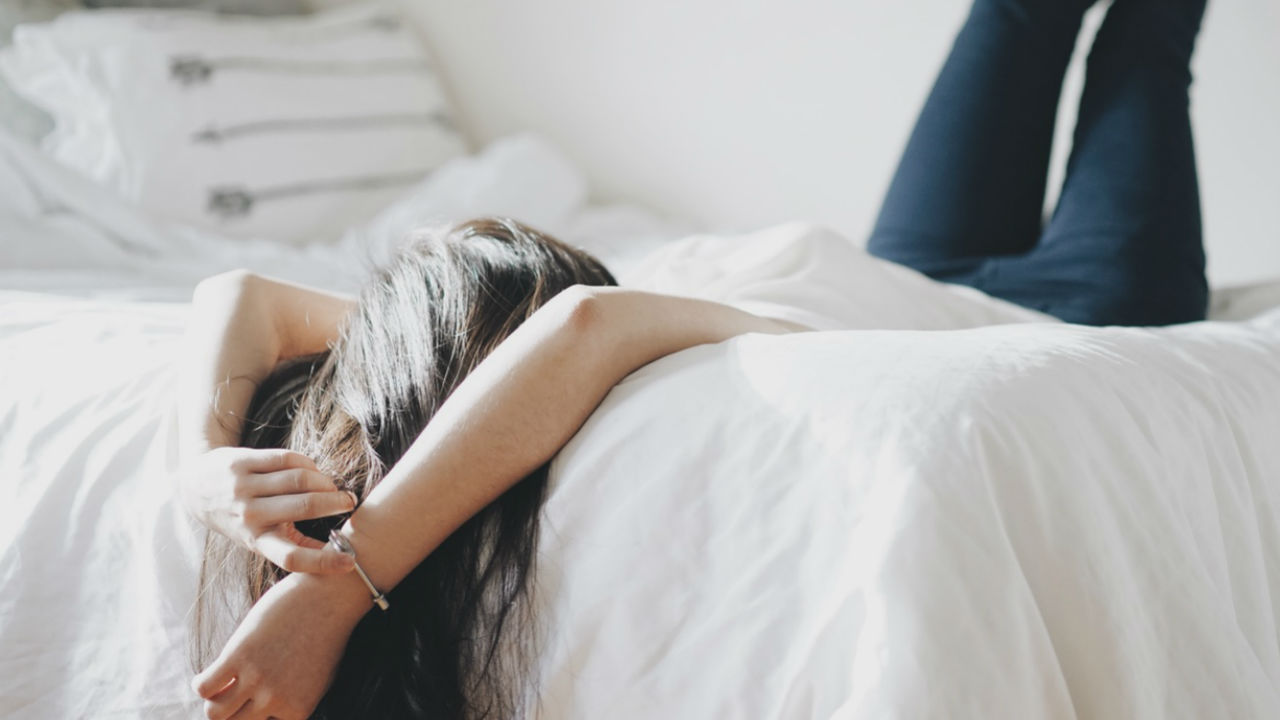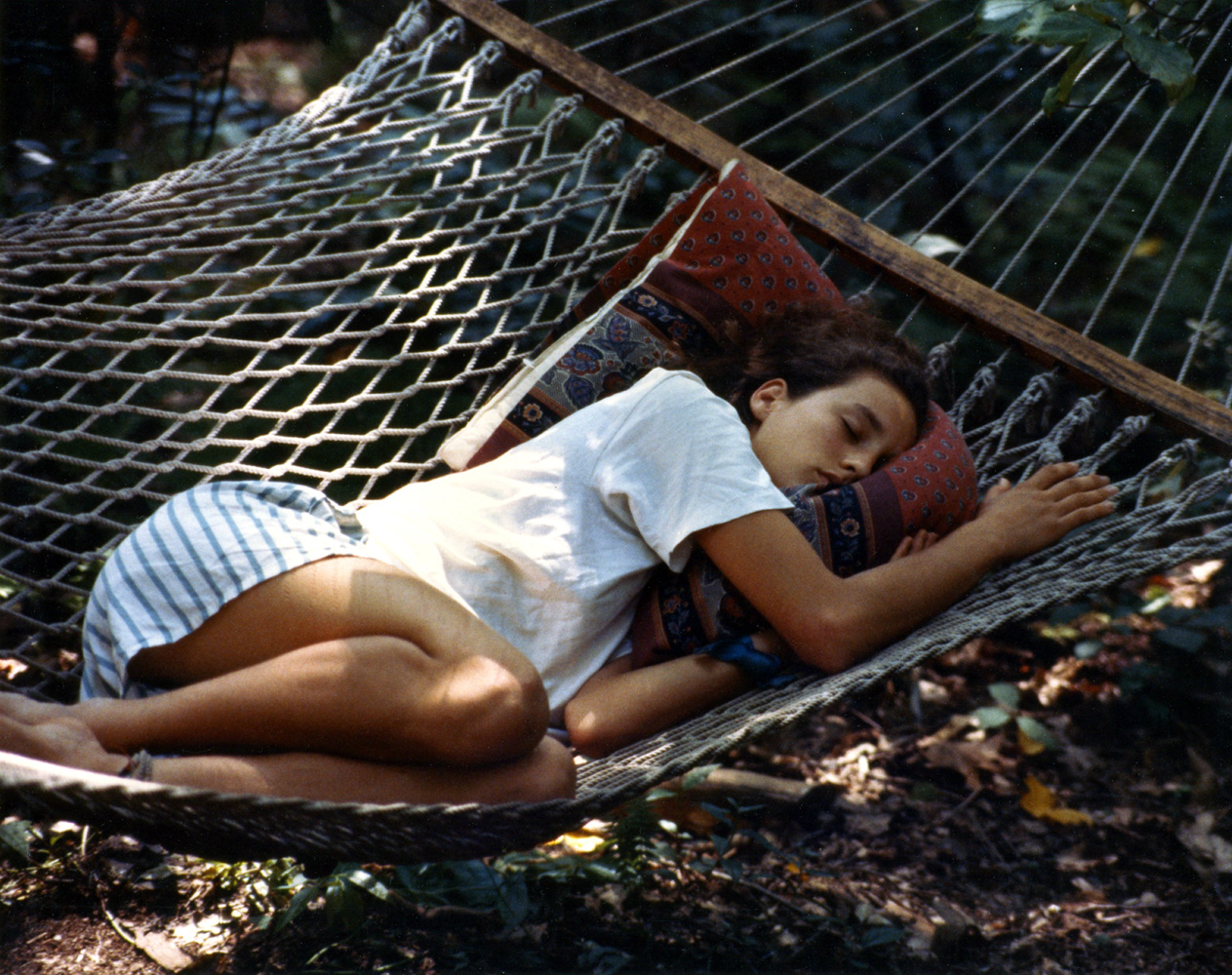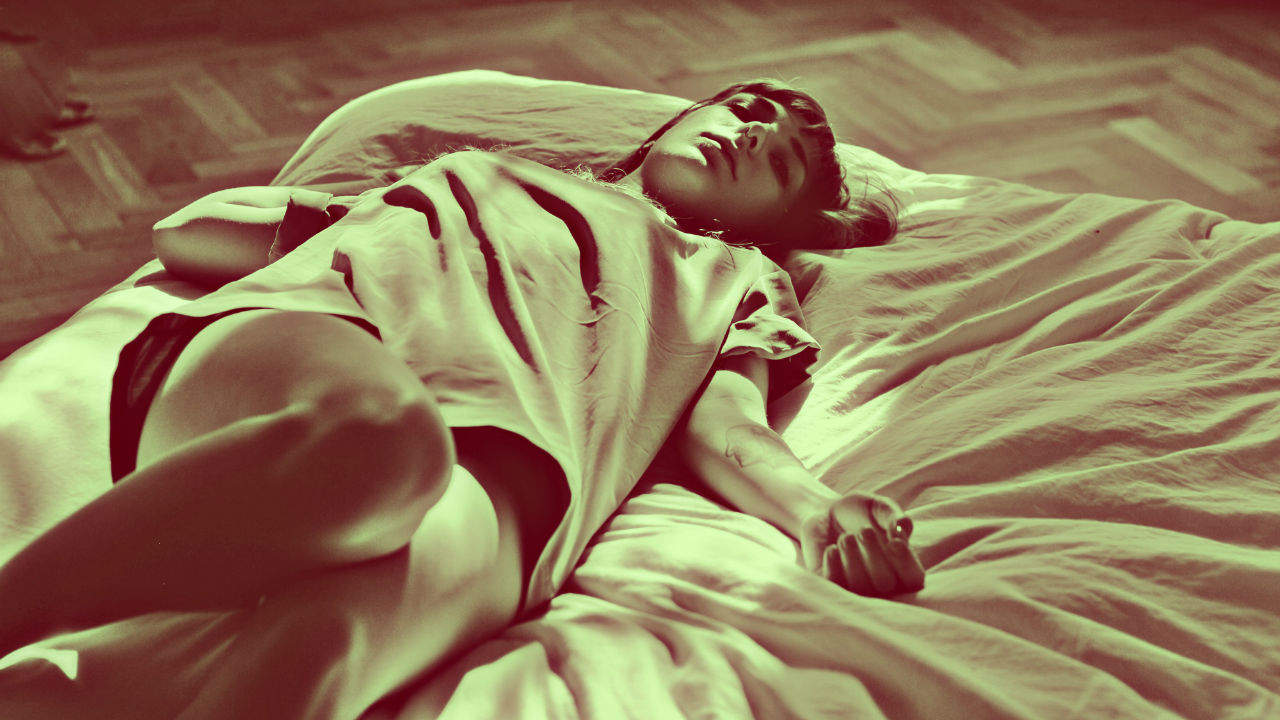
Circadian rhythm. It's not a dance beat. And it's not the noise cicadas make in the summertime, the one kids count in order to tell how hot the temperature is. The term "circadian rhythm" is from the Latin, meaning "around the day".
Circadian rhythm refers to your internal body clock, or your biological clock. Your circadian internal body clock is located in the suprachiasmatic nucleus (SCN). The SCN is a cluster of cells in the hypothalamus of your brain.
Your circadian rhythm has to do with your body's ability to regulate hundreds of processes to fit in a fairly orderly manner into a 24 hour cycle. This cycle roughly lines up with the 24 hour day of the (external) clock.
Blood pressure, brain waves, heart rate and hormone production are just a few of the processes controlled by your circadian rhythm. Not the least of these processes is your ability to sleep at night and wake up in the morning.
This can be supremely easy to take for granted ... until you can't do it anymore.
It's a suprisingly simple task to mess up your sleep wake cycle. Pull the midnight shift for awhile. Struggle with jet lag after living in a different time zone.
Being ill can kick it off. Or being up with a baby who doesn't sleep through the night can eventually mean you don't either.
In order to understand how our circadian rhythm works, you need to know something about melatonin. Melatonin is a hormone your body uses to put you to sleep.
Melatonin levels are supposed to start to rise two hours or so before it's time for sleep. Waning light is a signal for the body that it's getting on to melatonin time.
Plenty of things can and will disrupt our sleep wake cycle. New research suggests one of them is adolescence in combination with season changes and going to school.
A recent study at the Lighting Research Center at Rensselaer Polytechnic in Troy, New York, involved teenagers, sleep and melatonin. Turns out, their melatonin level begins its ascent 20 minutes later in the spring than in the winter.
This would stand to reason. Melatonin action does commence later in the day in spring, coinciding with the fact that darkness also comes later in the day.
But though the season changes and the teens' melatonin triggers change, their school schedule does not. And they end up further and further out of sync with their bodies' dictates as the season wears on.
Adolescents aren't the only age group that experiences unwanted wakefulness. Elderly people may fall sleep alright but staying asleep is another matter.
They may wake and sleep through the night, never really sinking into a deep regenerative sleep, or they may wake with the dawn and be up for the day whether they like it or not.
Anyone can have occasional insomnia or spotty sleep. In a long-term situation of inadequate sleep however, disruption of your circadian rhythm can start backfiring in other areas.
Your immune system becomes compromised making you more prone to illness, whether it's something relatively minor like a cold or the flu or something bigger like diabetes, heart disease or stroke. You can gain weight even though your eating or exercise habits haven't changed. You can become emotionally more vulnerable.
When things mess with our melatonin we can find ourselves staring at the ceiling in the middle of the night. All is not lost however. Ability to sleep may be lost but it can also be regained.
Try keeping your normal routines at the same time each day. Plan your mealtimes for the same times. Head for bed at the same time every night.
To readjust your bedtime, do it slowly and gradually, setting your alarm back in 15 - 20 minute increments at a time over a few weeks.
Make use of what we know about how melatonin is summoned. Darkness can be your friend.
Draw your blinds, turn out your lights earlier than normal, welcome the melatonin creep. Block any light in your bedroom.
Let the melatonin answer the call of darkness. If all else fails, buy some melatonin tablets or strips and see if you can't get some shut-eye.
Resources
Seasonal Changes Can Put Teens' Sleep/Wake Cycles Off Track
http://www.healthscout.com/news/1/641516/main.html
Circadian Rhythm Sleep Disorders - Biological Clock Circadian Rhythm
http://www.the-sleep-guide.com/circadian-rhythm.html
APSS: Circadian Rhythm Alterations Underlie Sleep Disruptions in Elderly
http://www.medpagetoday.com/MeetingCoverage/APSS/20638
Sleep and Circadian Rhythm Disorders
http://www.webmd.com/sleep-disorders/guide/circadian-rhythm-disorders-cause
Visit Jody's website and blog at http://www.ncubator.ca and http://ncubator.ca/blogger






Add a CommentComments
There are no comments yet. Be the first one and get the conversation started!